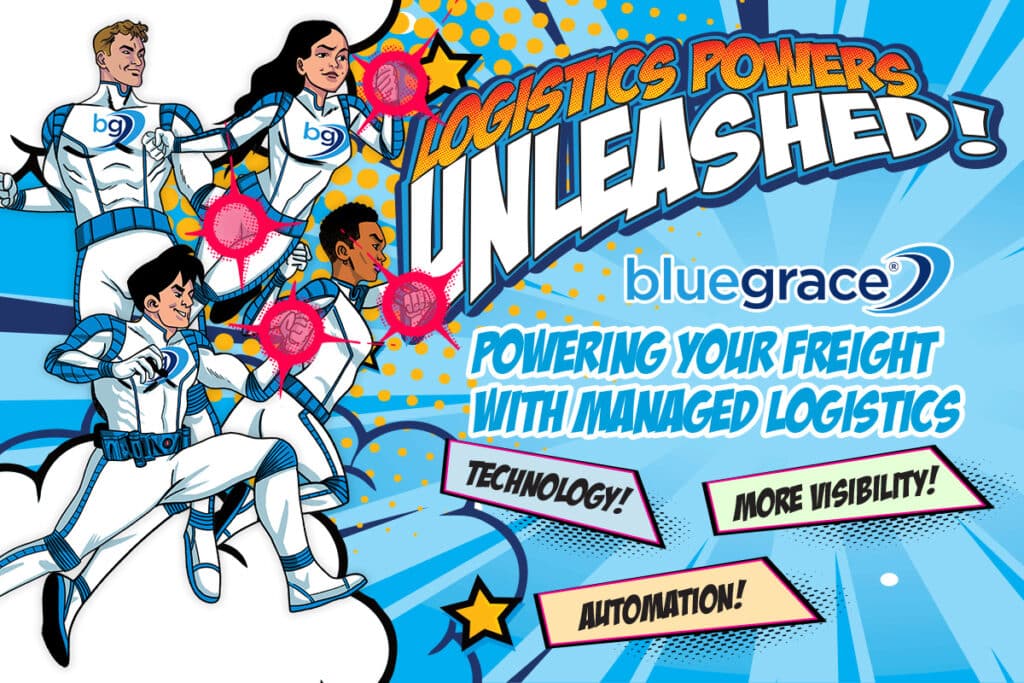More Visibility: Leveraging Data and Emissions Reporting
One of the most significant challenges in achieving supply chain sustainability is the lack of transparency and visibility. Many companies are unaware of the environmental impact of their supply chains, making it difficult to identify areas for improvement. To address this issue, businesses are increasingly using data and emissions reporting to gain insights into their operations.
Why is it crucial? Understanding your carbon footprint is the first step towards reducing it. By collecting and analyzing data on emissions at various stages of the supply chain, companies can pinpoint areas of high impact and take targeted actions to reduce them. Emissions reporting also allows for benchmarking and setting clear sustainability goals.
How to achieve it: Investing in data collection tools, such as IoT sensors and GPS tracking, can provide real-time information about the movement of goods and the energy consumption of vehicles. Additionally, companies can implement emissions reporting software to calculate and monitor emissions across the entire supply chain. By doing so, they can make data-driven decisions to optimize routes, reduce idling, and improve vehicle maintenance.
Supplier Collaboration: The Role of Ecovadis and SmartWay Transport Partners
Collaboration remains the linchpin of supply chain sustainability. Companies navigate a complex network of suppliers and partners within their supply chains, and this collective effort is indispensable for fostering eco-friendly practices. A prime illustration of supplier collaboration aimed at emissions reduction lies in the SmartWay Transport Partnership. Additionally, recognizing its innovative approach, Ecovadis plays a pivotal role in this endeavor.
By collaborating with SmartWay Transport Partners and leveraging the innovative methodology and technology of Ecovadis, companies gain the insights needed to enhance sustainability.
Why is it crucial? SmartWay, an inventive program initiated by the United States Environmental Protection Agency (EPA), champions the cause of enhancing companies’ environmental performance in freight operations. It equips businesses with essential tools and resources to assess and mitigate emissions, reduce fuel consumption, and address various environmental impacts associated with freight transportation. By collaborating with SmartWay Transport Partners and leveraging the innovative methodology and technology of Ecovadis, companies gain the insights needed to enhance sustainability.
How to achieve it: Businesses can actively participate in the SmartWay program, aligning themselves with carriers that share their commitment to environmentally responsible practices. SmartWay Transport Partners are dedicated to improving their environmental footprint through the adoption of fuel-efficient technologies and operational strategies. With Ecovadis’s vast database of supplier assessments and their ability to evaluate sustainability performance, companies can identify risks, drive positive impacts, and significantly improve their overall sustainability footprint. This synergy ensures that businesses can reduce emissions while upholding a high level of service, marking a win-win for all involved.
By working with these partners, businesses can reduce emissions while maintaining a high level of service.
Optimized Transportation: Efficient Use of Space and Modes
Optimizing transportation is another essential component of reducing emissions in the supply chain. Inefficiencies in route planning and transportation modes can lead to unnecessary emissions. By making transportation more efficient, companies can significantly cut their carbon footprint.
Why is it crucial? Optimizing transportation helps reduce both greenhouse gas emissions and costs. By utilizing vehicles more efficiently and choosing the right transportation modes, companies can minimize the number of trips and the distance traveled. This translates into lower fuel consumption and fewer emissions, contributing to a more sustainable supply chain.
How to achieve it:
- Route Optimization: Utilizing advanced route optimization software can help plan the most fuel-efficient and environmentally friendly routes for deliveries.
- Consolidated Shipments: Combining shipments whenever possible and making use of shared transportation can reduce the number of vehicles on the road.
- Intermodal Transportation: Employing a combination of transportation modes, such as rail and truck, can be more fuel-efficient for long-haul shipments.
Achieving supply chain sustainability and reducing emissions is not only a responsible business choice but also a necessity in our efforts to combat climate change. More visibility through data and emissions reporting, supplier collaboration with initiatives like SmartWay Transport Partners, and optimizing transportation modes and space can make a significant difference in the environmental impact of your supply chain. By implementing these strategies, businesses can reduce emissions, cut costs, and contribute to a greener and more sustainable future for all. This sustainability month let’s commit to making our supply chains more eco-friendly and embrace the opportunity to be a part of the solution to the global climate challenge.





